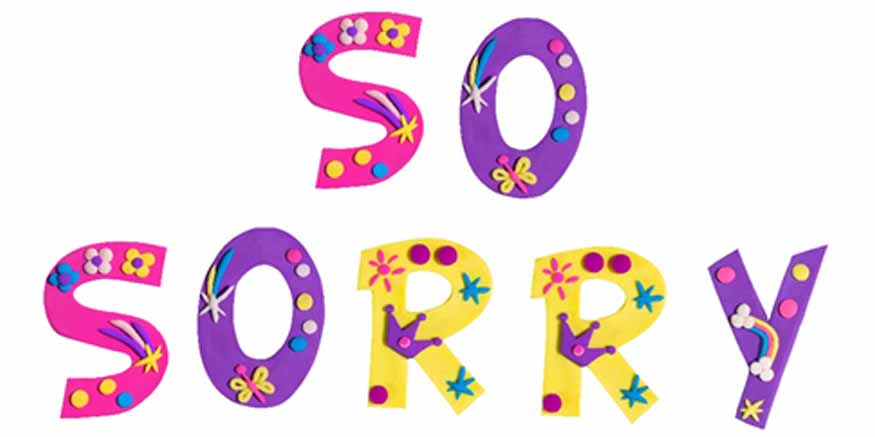When emotions run high, especially during moments of conflict, it’s easy to demand an apology in the heat of the moment. However, asking for an apology when a child is still angry or upset rarely leads to genuine remorse. In fact, it can feel more like a punishment than a step toward healing.
Apologies are precious commodities. They shouldn’t be given or demanded lightly. True apologies must come from a place of understanding, empathy, and calmness. When we push a child to apologize immediately, saying something like, “I expect an apology right now!” in a firm tone, we may not realize that we’re asking for something the child isn’t ready to give. Instead, we are placing more pressure on an already stressful situation, which often leads to an insincere or hollow apology.
Steps to Encourage a Genuine Apology:
- Calm the Storm First: Before asking for an apology, ensure that both you and your child have cooled down. Take a break from the situation, let emotions settle, and provide the space for reflection. Calmness is the foundation for true communication.
- Model Empathy: Explain to your child how their actions made you or others feel, without using an accusatory tone. Focus on the emotions behind the action rather than the action itself. For example, instead of saying, “You hurt your sister,” you can say, “Your sister felt sad when you took her toy.”
- Create the Right Environment: Apologies should be exchanged in a space where both parties feel comfortable and safe. This makes the apology more meaningful, and the recipient is more likely to receive it with grace.
- Let the Child Reflect: Give your child the opportunity to understand the impact of their behavior. Ask questions like, “How do you think your actions made your friend feel?” This encourages self-reflection, allowing the child to arrive at the conclusion that an apology is needed on their own.
- Teach Accountability: Explain that apologizing isn’t about being forced to admit wrongdoing; it’s about taking responsibility for their actions. Encourage your child to see the value in repairing relationships and restoring trust.
- Time It Right: The time for an apology is when the child is calm and has had a chance to process the situation. When an apology is heartfelt, it can rebuild connections and teach important life skills, such as empathy and conflict resolution.
- Praise Sincere Apologies: Acknowledge when your child gives a heartfelt apology. Let them know that their effort to make amends is appreciated and that this is a positive step in growing emotionally.
By practicing these steps, you can help your child understand that apologies aren’t simply about saying “sorry.” Instead, they’re about recognizing the effect of their actions, making amends, and learning from their mistakes.
For more informative articles on your child’s development, learning milestones, and parenting advice, follow Li’l Miracles Blogs. And if you’re looking for the perfect preschool to begin your child’s educational journey, be sure to check out Li’l Miracles International Preschool!
Lalit Sharma,
Founder
Li’l Miracles International Preschool




